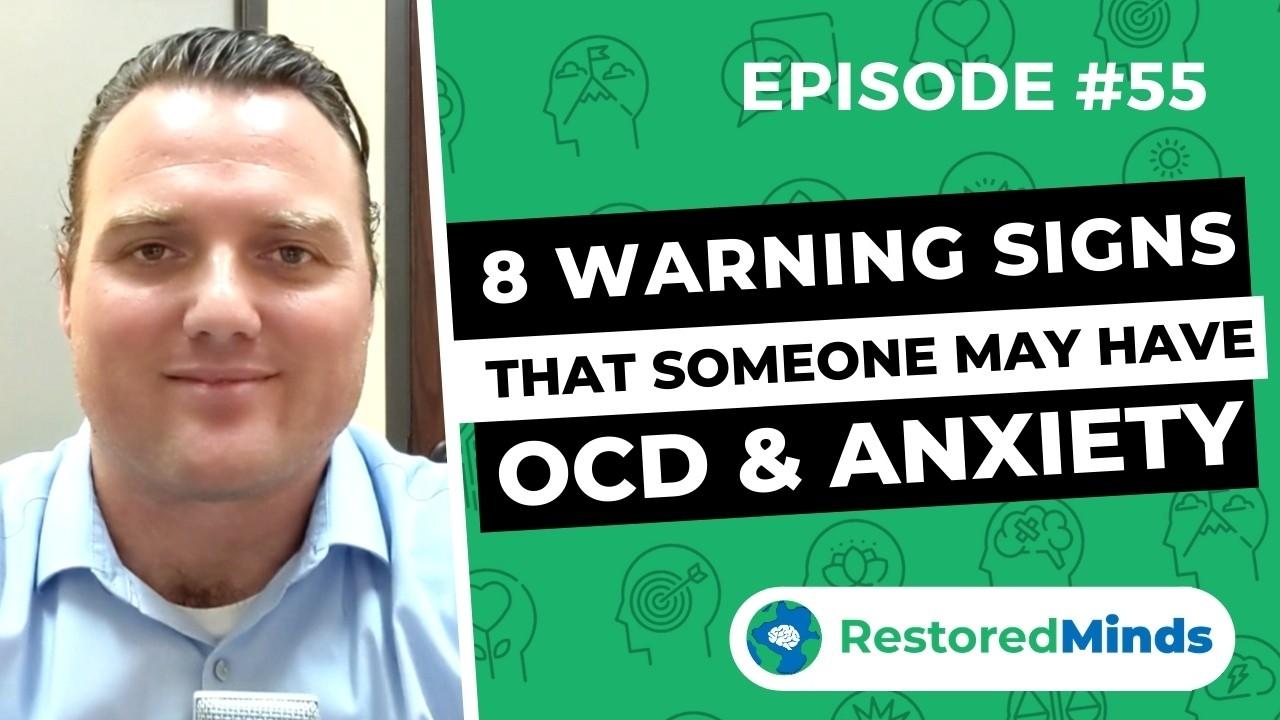8 Warning Signs That Someone May Have OCD & Anxiety
Nov 18, 2020
Recognizing OCD and Anxiety Disorders in Loved Ones
1. Isolation and Large Blocks of Alone Time
One of the initial red flags that may signal OCD or anxiety in a loved one is spending excessive time alone. If your significant other or child isolates themselves in their room for several hours without a clear reason, or engages in prolonged activities like showering repetitively, it could be cause for concern. This behavior is not typical of a normal routine and should be closely monitored.
2. Abnormal Avoidance Behaviors
People suffering from OCD or anxiety often engage in avoidance behaviors to steer clear of triggers. You might notice your loved one avoiding activities they previously enjoyed, such as dining out due to contamination fears. While it may seem helpful to accommodate these behaviors, it actually reinforces their fears and worsens the condition long-term.
3. Repetitive Behaviors
Repetitive actions are a hallmark of OCD. These can include washing hands multiple times, continuously checking locks, or watching the same shows repeatedly. These behaviors often serve as rituals to reduce anxiety but are detrimental in the long run.
4. Reassurance Seeking
Individuals with OCD and anxiety frequently seek reassurance from loved ones to alleviate their fears temporarily. They may ask the same questions repeatedly, seeking your validation to ease their stress. However, giving constant reassurance can exacerbate their condition, akin to feeding an addiction.
5. Extreme Reactions and Emotions
Extreme emotional reactions, such as intense anger or screaming when something is out of place, can be indicative of an underlying anxiety disorder. These reactions are often driven by fear and stress, and recognizing them as potential symptoms is crucial.
6. Increased Irritability
Chronic stress and anxiety deplete one's energy, leading to increased irritability over seemingly minor issues. If your loved one exhibits undue irritability, it may be a symptom of ongoing stress rather than personal animosity.
7. Signs of Depression
Depression often accompanies OCD and anxiety disorders as a secondary symptom. Look for signs such as excessive sleeping, lack of appetite, and general lethargy. Addressing the root cause, which is often anxiety, is essential for effective treatment.
8. Changes in Diet and Sleep
Significant changes in eating or sleeping habits can signal anxiety or stress disorders. Anxiety typically suppresses appetite, leading to weight loss and irregular eating patterns. Similarly, stress can disrupt sleep cycles, causing insomnia or excessive sleepiness.
Taking the First Step: Identifying the Problem
Being a loved one means you are often the first to notice these subtle signs in someone struggling with OCD or anxiety. By recognizing these early warning signs, you can guide them towards seeking appropriate help sooner, thereby minimizing long-term impacts.
Conclusion
Identifying these behaviors early can make a significant difference in the long-term well-being of your loved one. If you observe these signs, consider discussing them gently with the individual and encourage seeking professional help.


